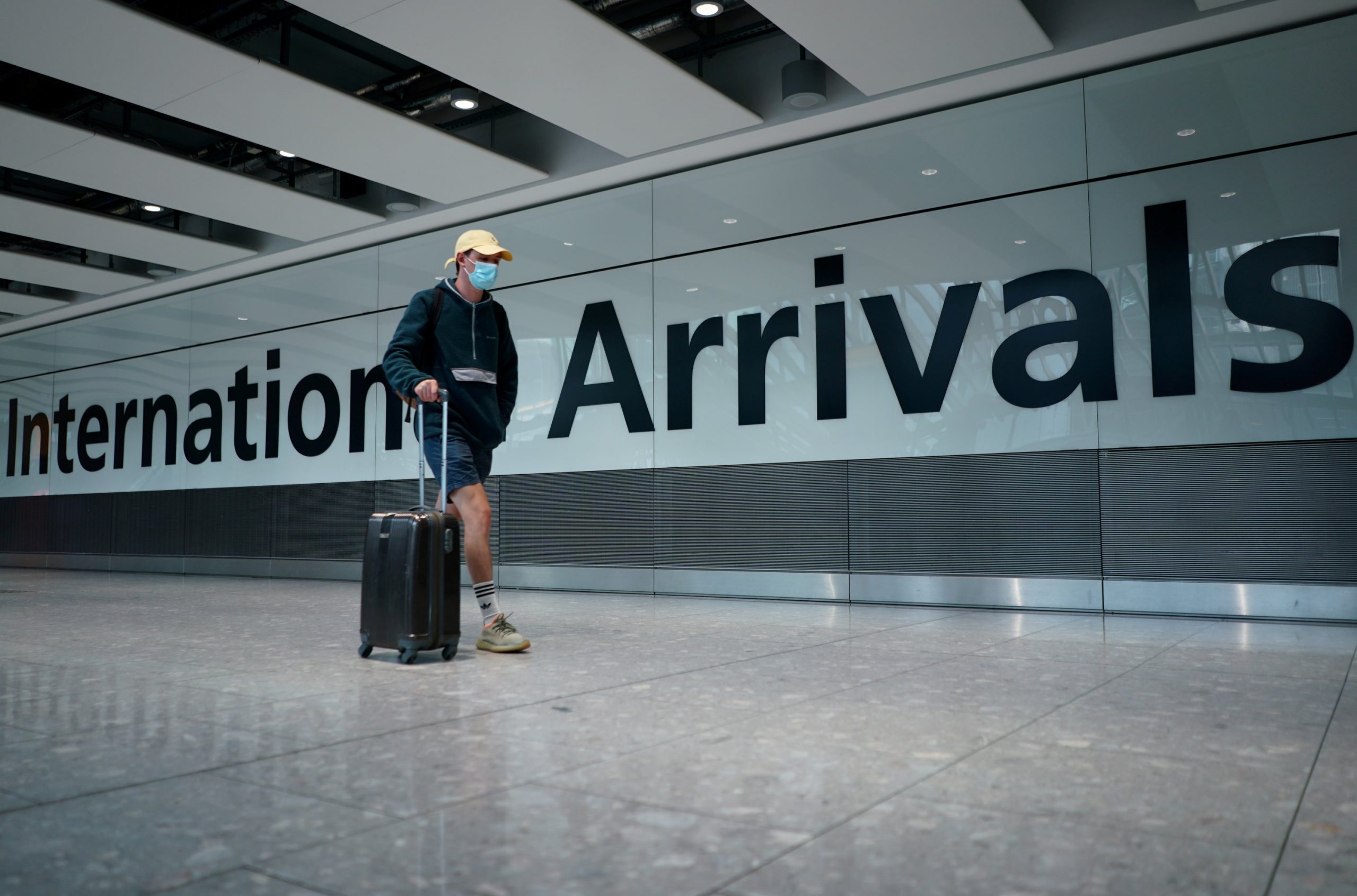Britain on Thursday extended the period of coronavirus self-isolation from seven to 10 days, as fears grew over a surge in cases.
The United Kingdom’s chief medical officers said scientific evidence now showed that people with the virus have a “real possibility of infectiousness between seven and nine days.”
“It is now the correct balance of risk to extend the self-isolation period from seven to 10 days,” they said, as ministers hinted they would take new precautions to try and contain the pandemic.
On the weekend, Britain introduced a 14-day quarantine period for anyone returning from Spain, the U.K.’s most popular tourist destination.
The U.K. suffered the highest rate of excess deaths – deaths from all causes that exceed the five-year average for the time of year – during the COVID-19 pandemic in a comparison with 21 European countries, an analysis from Britain’s statistics office showed Thursday.
Epidemiologists say excess mortality is the best way of gauging deaths from a disease outbreak because it is internationally comparable.
The Office for National Statistics (ONS) analysis confirmed Britain’s place as one of the countries worst hit by a pandemic that has killed more than 666,000 people worldwide.
Around 65,000 more people than usual have died from all causes across the U.K. so far this year, the highest total in Europe.
Prime Minister Boris Johnson has warned of a “second wave” of cases in Europe and health secretary Matt Hancock said Thursday the government would announce similar measures to those imposed on Spain elsewhere, if necessary.
The latest official figures showed 753 people becoming infected with the virus Wednesday.
Britain recorded a daily high of more than 8,700 cases in early April.
However, opposition members of Parliament (MP) accused the government of panicking over the latest infection rates across mainland Europe.
The U.K. has been the worst affected country by the virus in Europe, officially recording almost 46,000 deaths.
The large death toll has prompted criticism of Johnson’s handling of the pandemic, with opposition parties and some scientists saying Britain was too slow to impose a lockdown or protect the elderly in care homes.










Discussion about this post